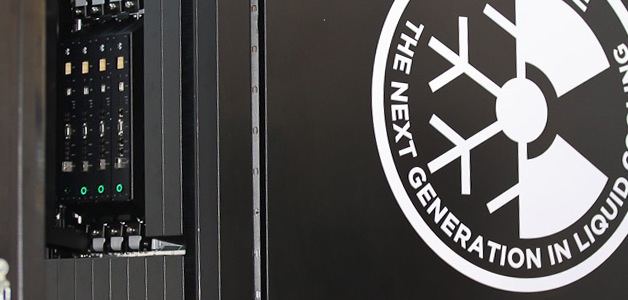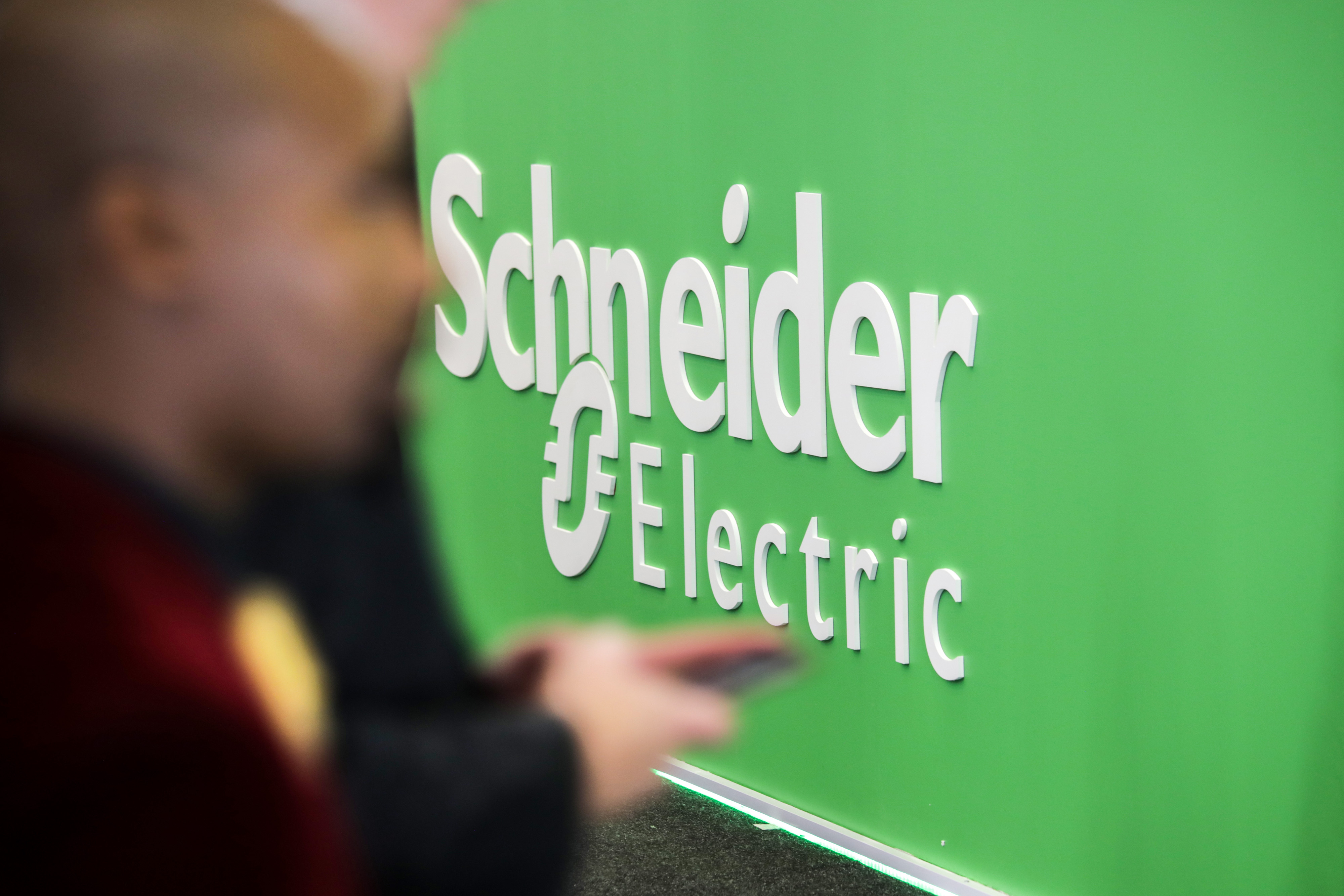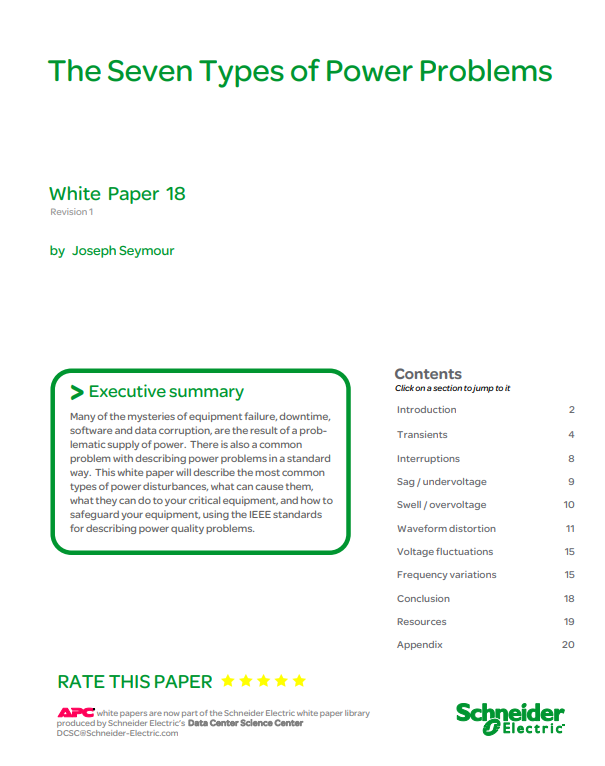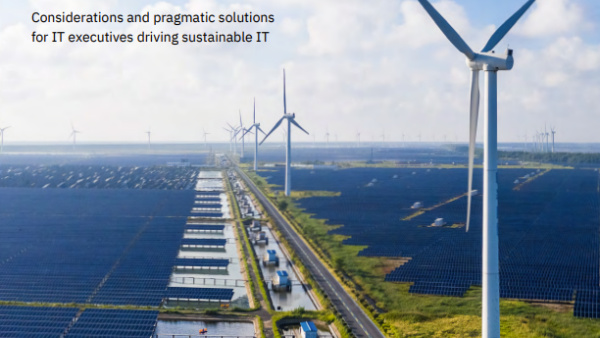University of Leeds tests immersed servers
Liquid-cooled computers could achieve 97 per cent energy savings in cooling


Researchers at the University of Leeds are trialling liquid-cooled servers that could cut power consumption used in cooling systems in datacentres by up to 97 per cent.
Most servers in datacentres use air to cool them, but server modules used by the university are totally immersed in liquid. This liquid replaces noisy, power-hungry fans.
The system, designed and built by Iceotope in Rotherham, uses a non-flammable liquid coolant, called 3M Novec, and can be in direct contact with electronics because it does not conduct electricity.
Iceotope designed and built the system working with team of researchers led by Dr Jon Summers from the University of Leeds' School of Mechanical Engineering. The first production system has now been installed at the University after two years of testing prototypes.
So far the university claimed that the new system uses just 80 watts of power to harvest the heat from up to 20 kilowatts of ICT use. The server also does away with the need for ancillary data centre facilities such as computer room air conditioning (CRAC) units, humidity control systems and air purification.
Dr Summers said "The liquid we are using is extraordinary stuff. You could throw your mobile phone in a tub of it and the phone would work perfectly. But the important thing for the future of computing and the internet is that it is more than 1,000 times more effective at carrying heat than air."
"The cooling of servers is traditionally done using fans and air conditioning units, but air is a great insulator. We use it in double glazing. Why would you use it to cool a server?" he added.
Get the ITPro daily newsletter
Sign up today and you will receive a free copy of our Future Focus 2025 report - the leading guidance on AI, cybersecurity and other IT challenges as per 700+ senior executives
Dr Nikil Kapur, also from the University of Leeds' School of Mechanical Engineering, said the fact that the system is completely enclosed raises many possibilities. "It does not interact with its environment in the way an air-cooled server does, so you could put it in an extreme environment like the desert. It is also completely silent. You could have it on a submarine or in a classroom."
Peter Hopton, Iceotope's Chief Technology Officer and originator of the Iceotope concept said the basic principle of the design has many applications.
"While a few years away, there is no reason why every home shouldn't make better use of the surplus heat from consumer electronics, imagine having your PC or TV plumbed into the central heating system."
Rene Millman is a freelance writer and broadcaster who covers cybersecurity, AI, IoT, and the cloud. He also works as a contributing analyst at GigaOm and has previously worked as an analyst for Gartner covering the infrastructure market. He has made numerous television appearances to give his views and expertise on technology trends and companies that affect and shape our lives. You can follow Rene Millman on Twitter.
-
 Addressing cloud security threats by encrypting data in use
Addressing cloud security threats by encrypting data in usewhitepaper How AMD Infinity Guard helps address security threats in the cloud and virtualized environments
By ITPro
-
 Quantitative analysis of a prefabricated vs. traditional data center
Quantitative analysis of a prefabricated vs. traditional data centerWhitepaper Apples to apples cost analysis between data centre types
By ITPro
-
 Battery technology for single phase UPS systems: VRLA vs. Li-ion
Battery technology for single phase UPS systems: VRLA vs. Li-ionWhitepaper An overview of li-ion batteries in comparison to VRLA batteries for singlephase UPS applications
By ITPro
-
 Serious about sustainability?
Serious about sustainability?whitepaper It’s time you looked at your data centre
By ITPro
-
 Implementing sustainable storage infrastructure
Implementing sustainable storage infrastructureWhitepaper Understand what to look for from vendors and make better storage infrastructure purchasing decisions.
By ITPro
-
 The seven types of power problems
The seven types of power problemsWhitepaper The most common types of power disturbances and how to safeguard your equipment
By ITPro
-
 IT best practices for accelerating the journey to carbon neutrality
IT best practices for accelerating the journey to carbon neutralityWhitepaper Considerations and pragmatic solutions for IT executives driving sustainable IT
By ITPro
-
 Gartner predicts energy crisis will hit data centre budgets by 40% or more
Gartner predicts energy crisis will hit data centre budgets by 40% or moreNews Larger cloud providers have no intention to increase customer fees, for now
By Bobby Hellard

